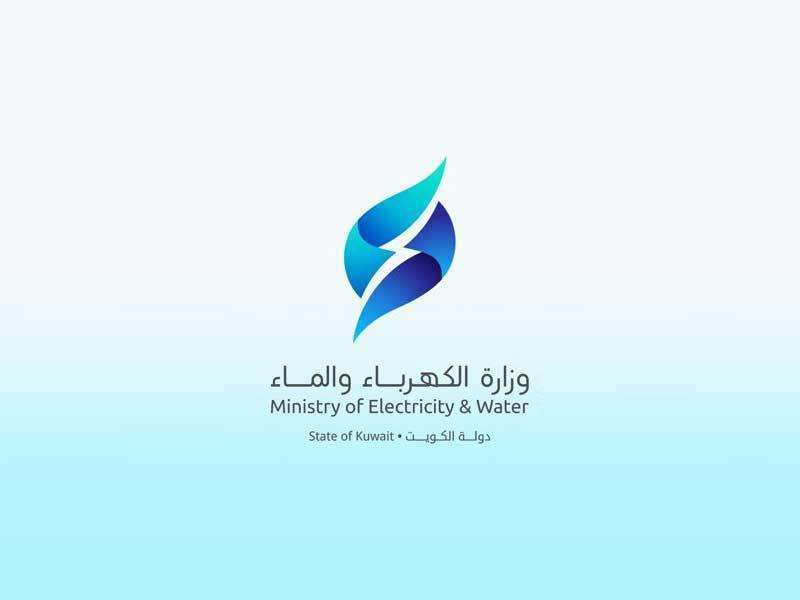The Civil Service Commission has recently approved a proposal by the Ministry of Electricity, Water, and Renewable Energy to introduce flexible working hours for its employees, according to a report by Al-Rai Daily. This decision marks a significant development in the working environment of the ministry, allowing employees to have more control over their work schedules.
Under the new policy, employees are now able to choose a suitable start time for their shifts between seven and eight in the morning. To provide further flexibility, a grace period of half an hour has also been allocated. This means that employees can arrive at work anytime between 7:00 and 8:30 a.m., allowing for a smoother transition from personal commitments to professional responsibilities.
The implementation of flexible working hours is a strategic move aimed at enhancing employee productivity and well-being. By providing employees with the opportunity to select a start time that aligns with their personal needs and preferences, the ministry recognizes the importance of work-life balance. This flexibility empowers employees to better manage their daily schedules, resulting in increased job satisfaction and overall happiness.
This new policy not only benefits the employees but also contributes to the ministry’s goals of ensuring a more efficient and effective workforce. By allowing employees to optimize their work-life balance, the ministry acknowledges the diverse needs and responsibilities of its workforce. This, in turn, fosters a positive and supportive work environment, leading to improved employee morale and retention.
The introduction of flexible working hours reflects a growing trend in modern workplaces worldwide. Many organizations have recognized the value of providing employees with the flexibility to choose their own work schedules. This approach has been shown to increase productivity, reduce stress, and improve overall job satisfaction.
It is important to note that the implementation of flexible working hours is subject to local laws and regulations. Each country may have its own specific guidelines regarding working hours and employee rights. Therefore, it is crucial for the ministry to ensure that the policy complies with the relevant labor laws and regulations of the country.
In conclusion, the Ministry of Electricity, Water, and Renewable Energy’s decision to implement flexible working hours is a significant step towards creating a more employee-centered work environment. By allowing employees to choose their own start times within a designated window, the ministry aims to enhance productivity, job satisfaction, and work-life balance. This forward-thinking approach aligns with the global trend of flexible work arrangements and demonstrates the ministry’s commitment to its employees’ well-being and success.







